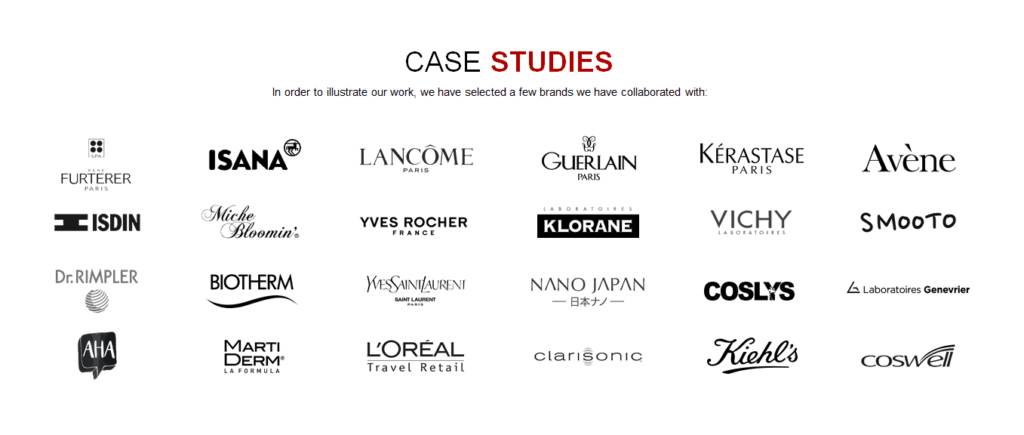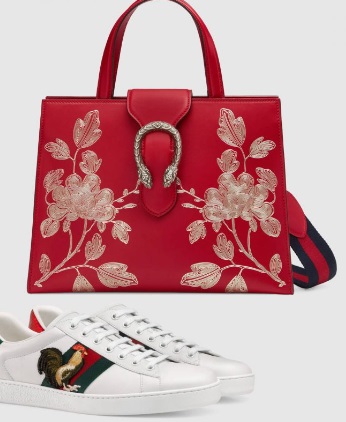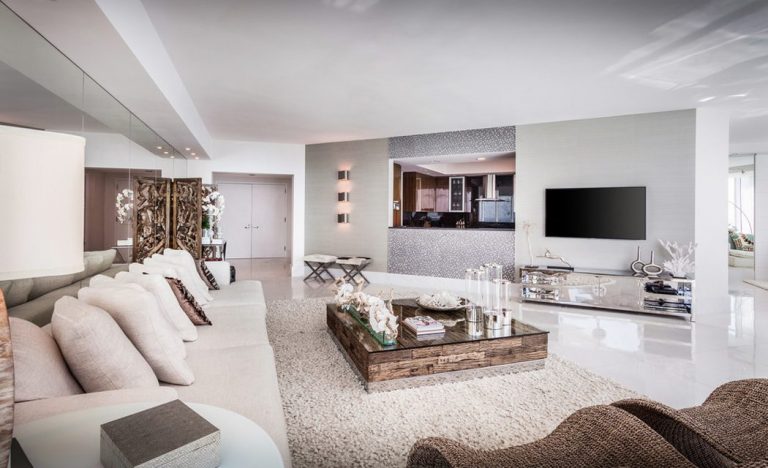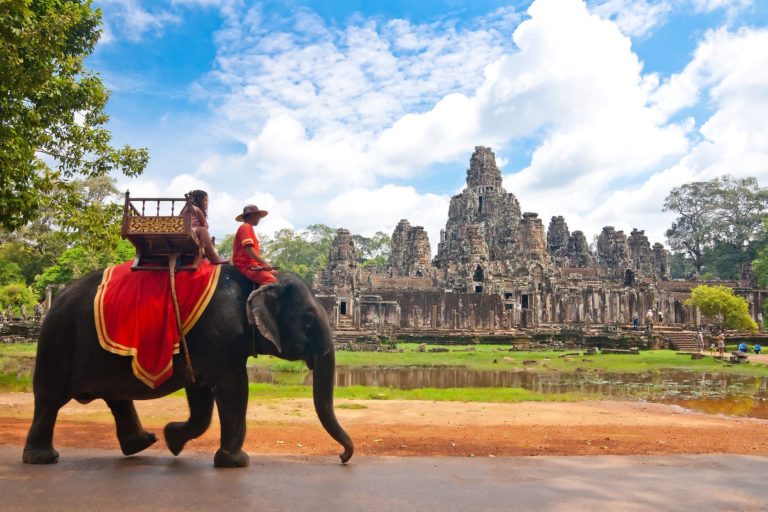List of The Most Popular Luxury MultiStores In China
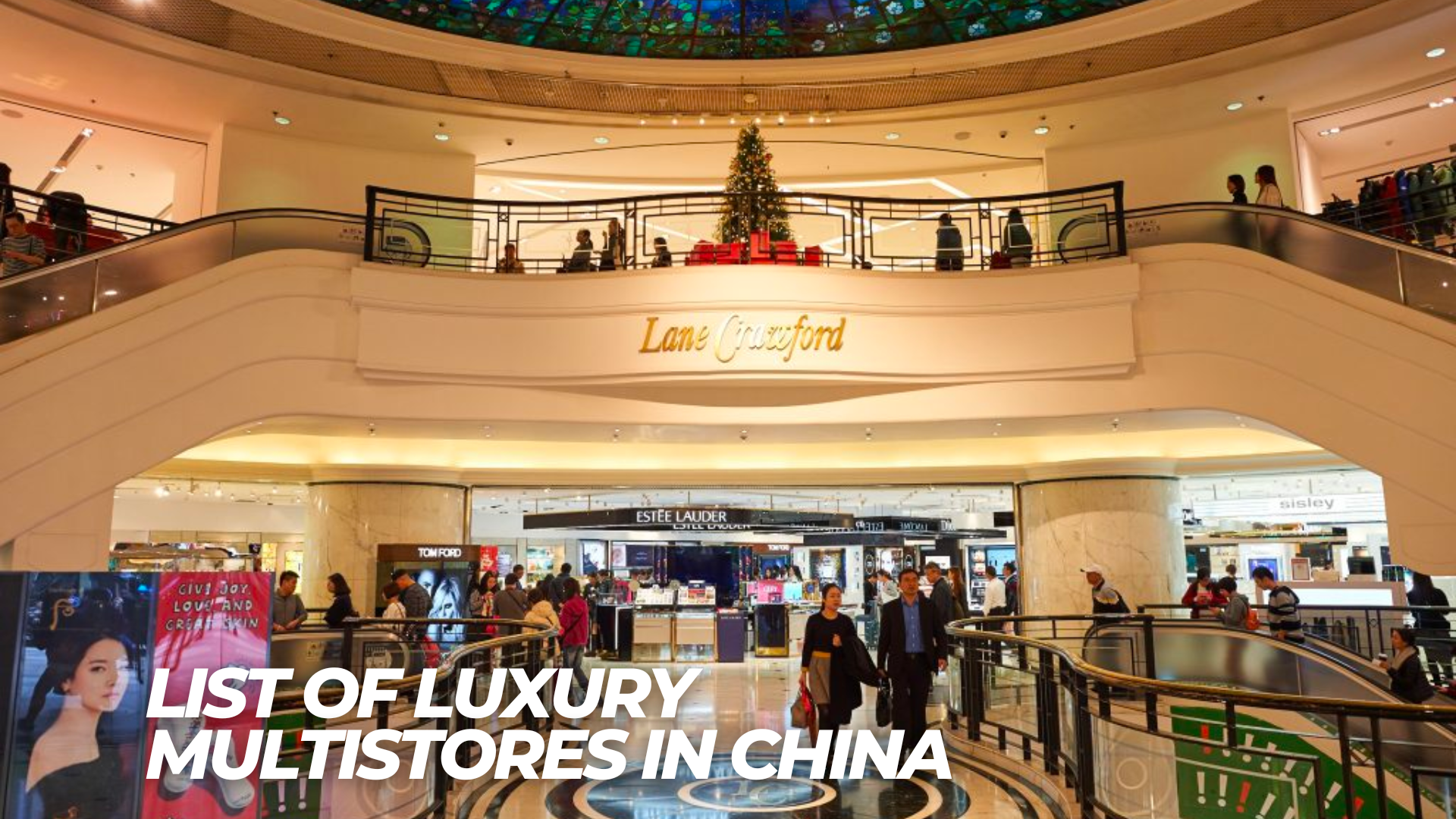
As the world’s largest consumer market, China has emerged as a hub for luxury fashion brands. With over 1,000 multi-brand stores across the country, these high-end retail destinations have become key distribution channels for designer labels and upscale department stores. Chinese consumers are known for their sophisticated tastes and preference for personalized shopping experiences.
In this blog post, we will explore the top luxury multistores in China, their unique features, advantages of selling in these outlets and challenges to consider while navigating the competitive market.
Cost-Effective Agency
KPI and Results focused. We are the most visible Marketing Agency for China. Not because of huge spending but because of our SMART Strategies. Let us help you with: E-Commerce, Search Engine Optimization, Advertising, Weibo, WeChat, WeChat Store & PR.
Join us as we take you on an exclusive tour of premium shopping destinations that cater to China’s elite consumer market!
Top Luxury MultiStores In China
Discover the top luxury multistores in China, including SKP Mall in Beijing, Hong Kong Plaza and Lane Crawford in Shanghai, Galeries Lafayette and K11 Musea in Hong Kong, and Plaza 66 in Shanghai.
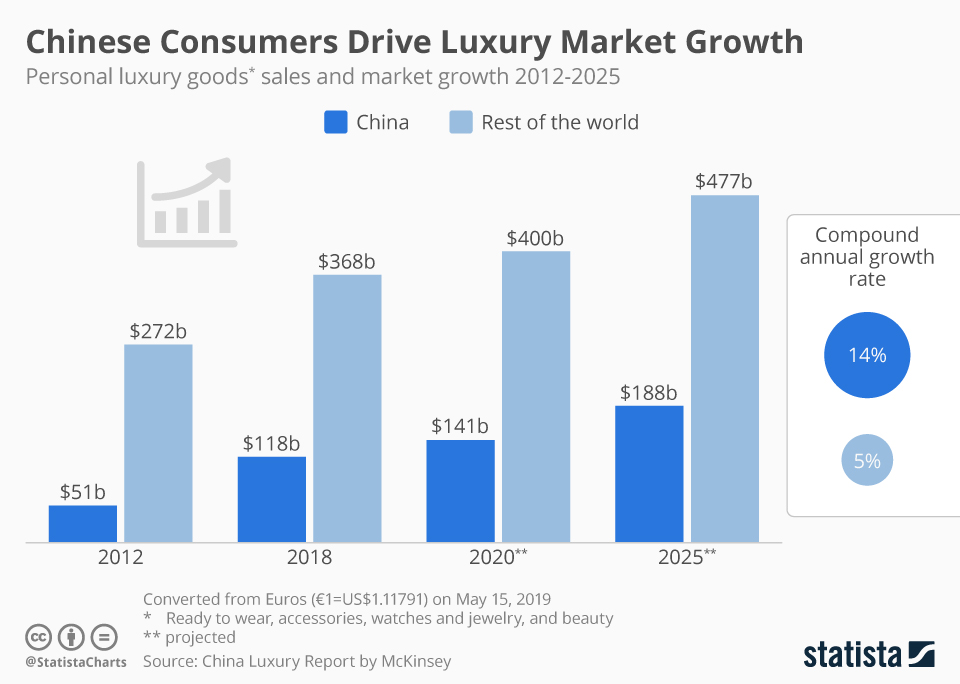
SKP Mall In Beijing
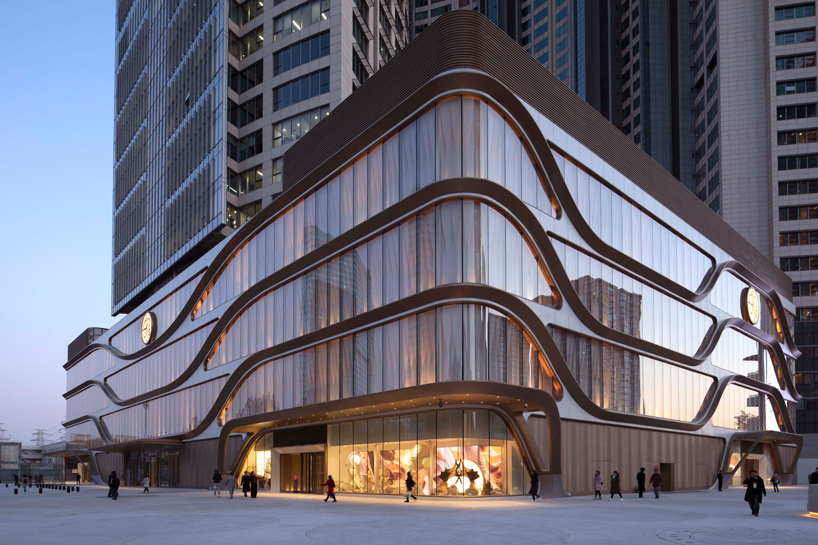
SKP Mall in Beijing is the leading luxury multistore in China, with an impressive annual turnover of $3.73 billion as of 2022, making it a vital player in the Chinese luxury market.
The architects have designed several SKP department stores in China, including the SKP Beijing and a 20-story SKP store in Xi’an. They also designed the SKP Chengdu, a new luxury mall located on Tianfu Avenue.
SKP Mall has been experiencing double-digit growth rates since 2011 and is now considered one of the top luxury multistores in the world, as it has topped China’s shopping mall revenue ranking.
Hong Kong Plaza In Shanghai
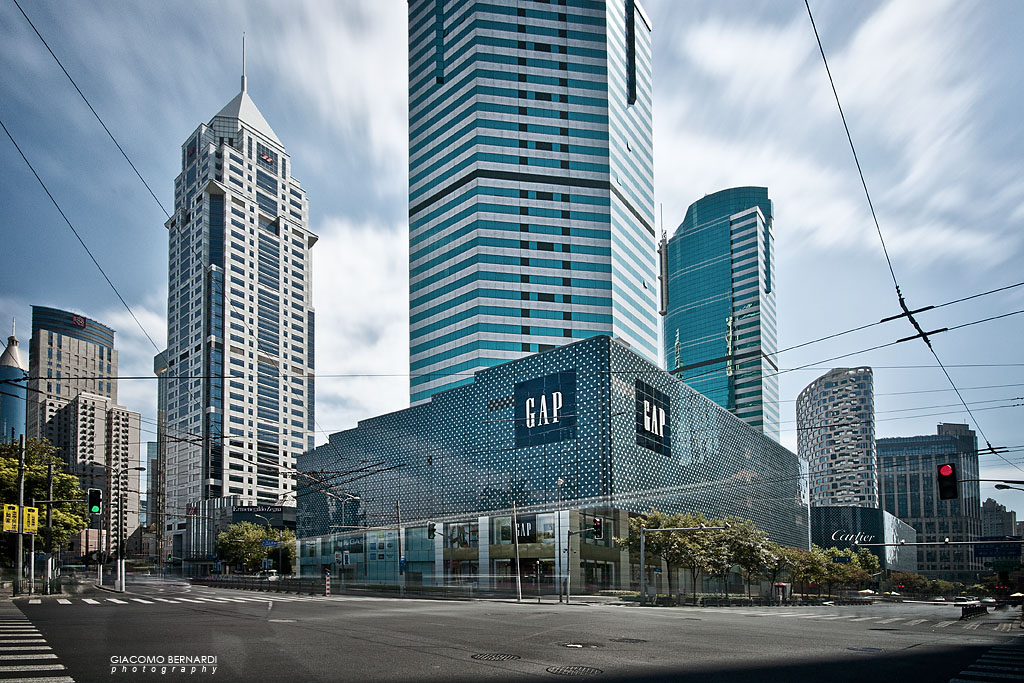
Hong Kong Plaza in Shanghai is a fancy shopping center with five floors filled with luxury brands like Gucci, Prada, and Dior.
Hong Kong Plaza offers personalized shopping experiences that cater to individual preferences and professional styling services to ensure customers look their best when wearing designer brands.
The store also integrates technology with concepts such as interactive window displays, touchscreen product menus, and augmented reality fitting rooms.
As an added bonus for luxury brand sellers, Hong Kong Plaza collaborates with influencers or KOLs (key opinion leaders) who attract even more customers through social media platforms like WeChat and Weibo.
Lane Crawford (Hong Kong)
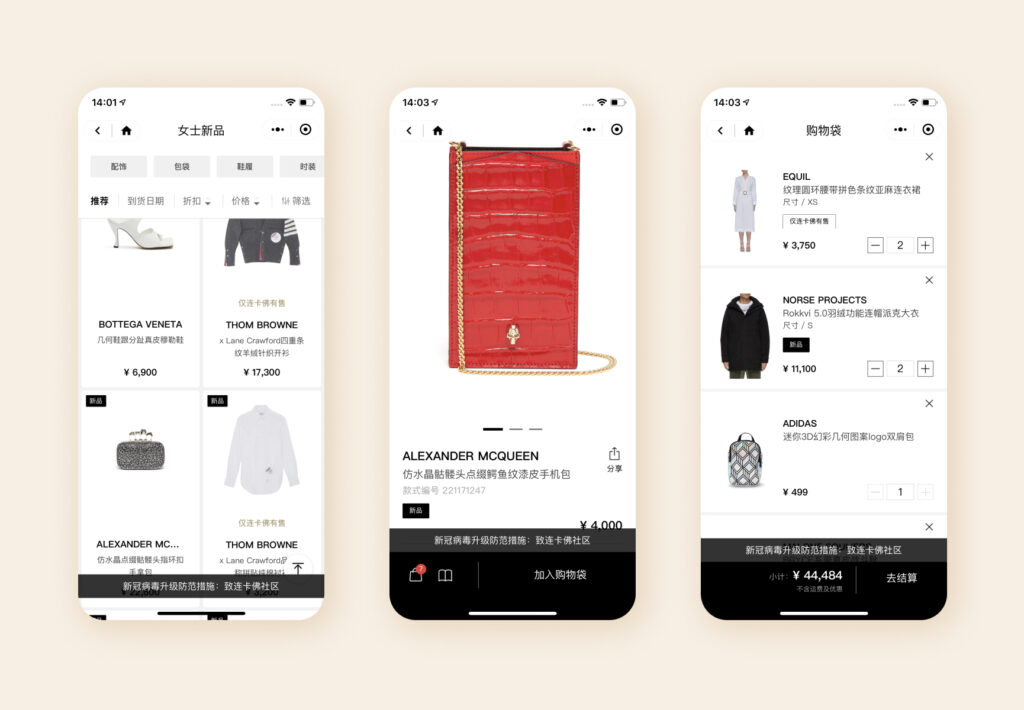
Lane Crawford is the biggest luxury multi-store in China, established in Hong Kong in 1850, with shops in Beijing, Shanghai, and Chengdu. The store specializes in high-end merchandise for customers seeking exclusive collections and designer fashion.
Lane Crawford’s approach to luxury shopping is personalized, providing services such as private styling sessions and curated trunk shows based on clients’ preferences.
The upscale department store offers premium goods ranging from clothing tailored for both men’s and women’s styles down to bags shoes beauty products etc making sure they have it all under one roof for their customers’ convenience.
Galeries Lafayette (Hong Kong)
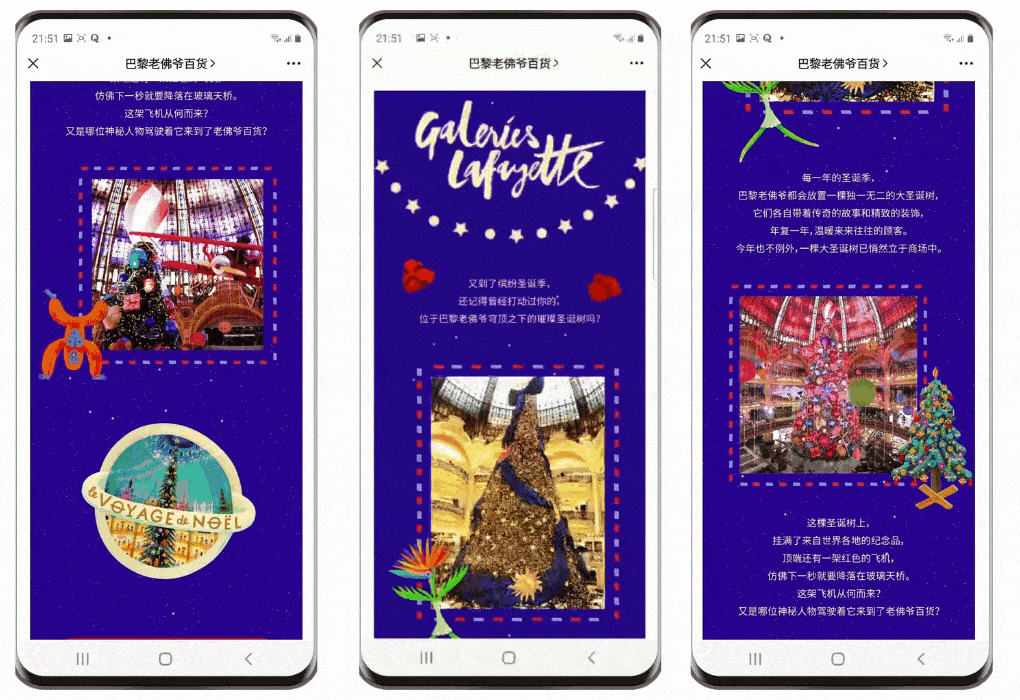
Galeries Lafayette, one of the top luxury multistores in China, is expanding by entering into a joint venture with Hopson Group to open 10 new stores in China by 2025.
The focus is on targeting the “high earners, not rich yet” demographic in China.
Galeries Lafayette emphasizes innovative design concepts and personalized customer service tailored to Chinese consumers’ preferences.
K11 Musea (Hong Kong)
K11 Musea is a new and innovative high-end shopping and cultural destination located in the vibrant Victoria Dockside area of Hong Kong. It features a mix of luxury and independent brands, including flagship stores of renowned luxury retail brands.
K11 Musea stands out from other luxury multistores in China due to its integration of art, technology, and immersive experiences into the retail space. The complex aims to change the way people experience retail by offering visitors interactive exhibitions, live performances, workshops, and seminars that blur the lines between shopping and culture.
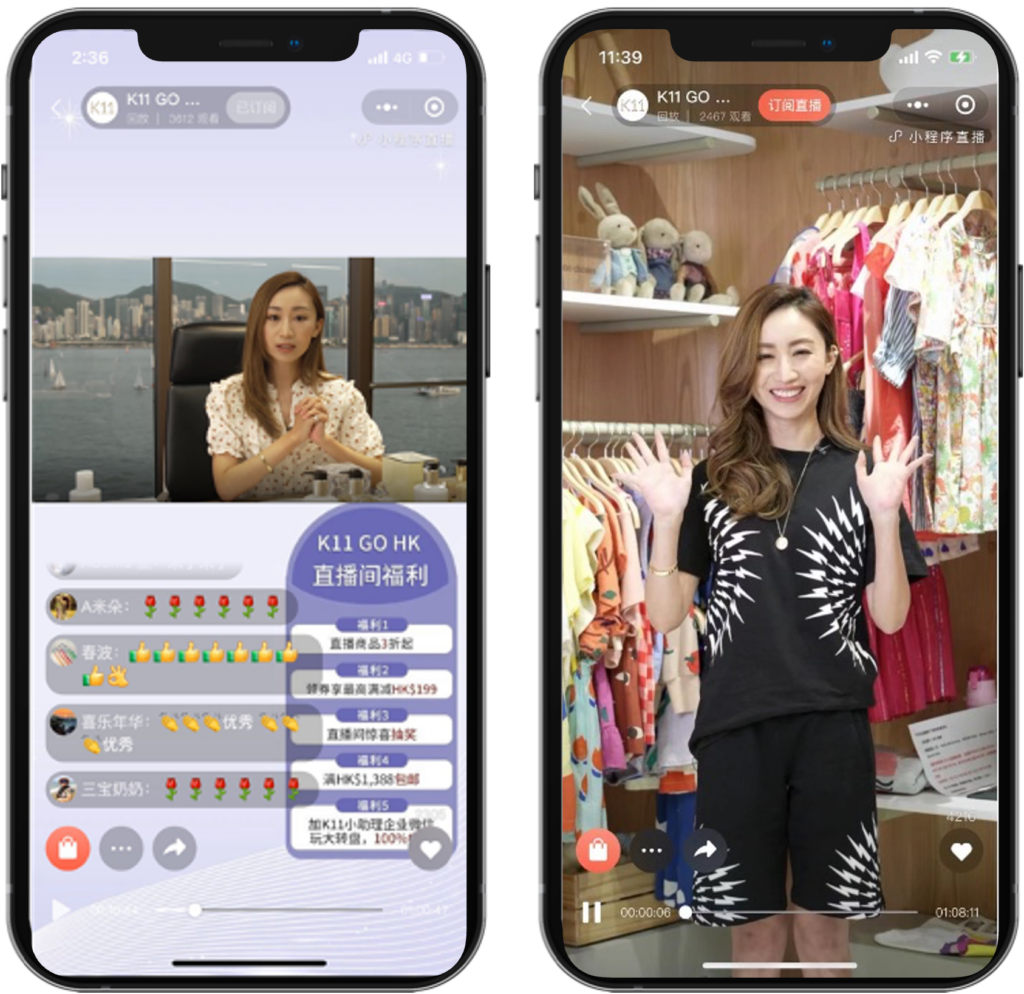
The developer behind K11 Musea, Adrian Cheng, believes that providing customers with an engaging experience can increase loyalty towards brands they connect with on a personal level.
Plaza 66 (Shanghai)
Plaza 66 in Shanghai is one of the top luxury multistores in China, known for its high-end fashion and dining outlets. The complex houses flagship stores of several prestigious international brands including Hermes, Chanel, Louis Vuitton, Prada, Valentino, and Ermenegildo Zegna.
It comprises a shopping mall and two skyscrapers – a commercial and office complex that offers a personalized shopping experience with exclusive services.
Plaza 66 recorded an impressive yearly sales surge of 60% in January 2021 reflecting the rise in spending during China’s recovery efforts.
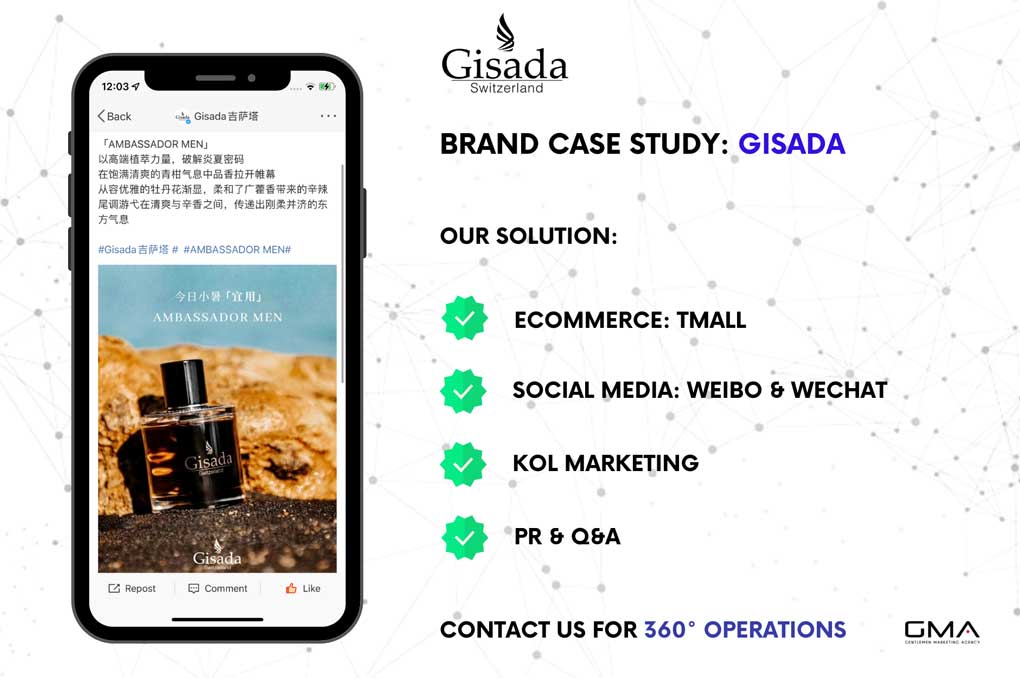
Features Of Luxury MultiStores In China
Luxury multistores in China offer high-end branded products, the latest fashion trends, and personalized shopping experiences, as well as exclusive services and store designs that integrate technology and innovative concepts.
High-end Branded Products
High-end branded products are the backbone of luxury multi-stores in China. Brands such as Chanel, Dior, Hermès, Lancôme, and Gucci dominate the Chinese luxury market due to their strong brand recognition and reputation for high-quality products.
To succeed in the Chinese luxury market, companies must cater to the preferences of affluent Chinese consumers who seek exclusivity and quality.
Understanding customer demand for provenance, curated selection, or the latest trends can help tailor branding and messaging effectively.
High-end branded products must be unique and maintain impeccable quality standards to stand out from competitors.
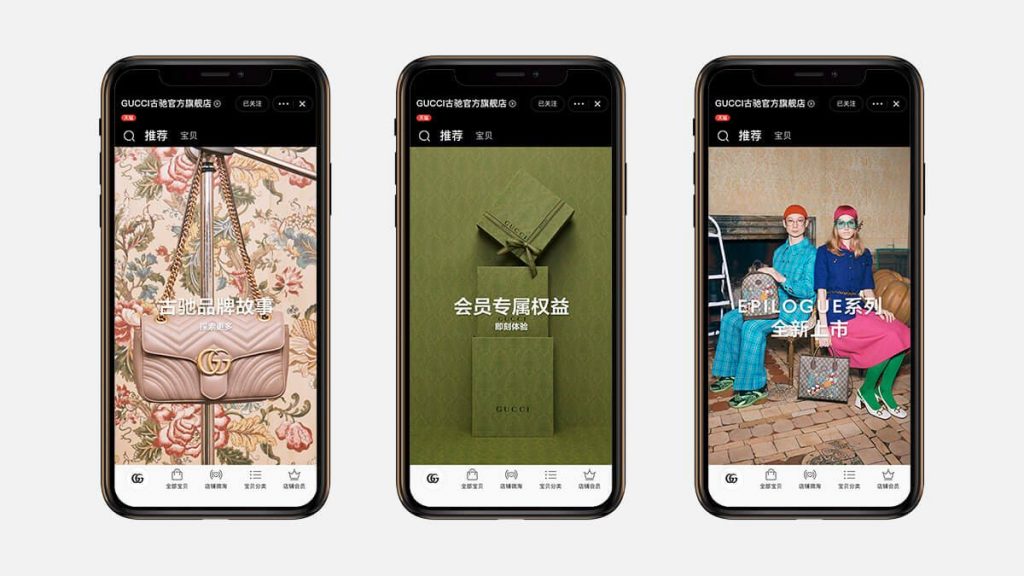
Latest Fashion Trends
Chinese consumers have become increasingly selective in their fashion choices, with a focus on quality and authenticity rather than just brand names.
For example, sustainable and eco-friendly fashion is becoming more popular among younger generations.
To remain competitive in the Chinese luxury market, it’s crucial for brands to adapt their products, packaging, and marketing messages to local preferences.
Personalized Shopping Experience
As Chinese consumers become increasingly sophisticated, they’re prioritizing a personalized shopping experience. Luxury multistores in China have identified this trend, and many are going out of their way to offer highly customized services that cater to individual customer needs.
For example, SKP Mall in Beijing offers customers the option to create bespoke garments through its Craftsmanship Atelier platform. Hong Kong Plaza in Shanghai provides one-on-one styling sessions with professional stylists who help customers find the perfect outfit or accessory for any occasion.
Personalization is becoming a key driver of sales among Chinese millennials who want unique products that reflect their personality and style.
The luxury fashion industry has responded by investing heavily in technologies like data analytics and artificial intelligence (AI) to gather insights about consumer preferences and provide tailored recommendations based on personal shopping histories.
A notable example is Hong Kong Plaza in Shanghai, which provides VIP shuttle services, private rooms for clients with personal stylists, and access to exclusive events.
Similarly, SKP Mall in Beijing offers concierge services such as car rental assistance and restaurant reservations, making the shopping experience even more luxurious.
Store Designs And Layouts
In China, consumers value aesthetics and visual appeal, so designing stores with a luxurious look and feel is crucial.
For example, K11 Musea in Hong Kong boasts an avant-garde interior design that incorporates high-tech features such as interactive walls and artistic installations. This attention to detail enhances customer engagement while aligning with the brand’s mission to promote art and culture.

Luxury multistores also focus on creating unique store layouts that enhance product visibility and encourage exploration.
Integration Of Technology And Innovative Concepts
The Chinese luxury market’s success heavily relies on integrating technology and innovative concepts. Luxury multistores in China are leading the way by utilizing web 3.0 marketing with blockchain, cloud computing, AI, and extended reality to create immersive shopping experiences.
In addition to these cutting-edge technologies, six megatrends are driving digital innovation in China, including the virtualization of services. Beijing’s “re-innovation” strategy is also playing a significant role in the U.S.-China competition for high-tech innovation.
Influencer Marketing And Collaborations
Collaborating with Chinese KOLs is important for luxury brands to succeed in the Chinese market. KOLs are social media influencers who have a significant impact on consumer behavior, and through KOL marketing, luxury brands can create customized campaigns that resonate with their target audience.
For instance, high-end fashion houses in China have collaborated with popular Chinese celebrities such as Fan Bingbing and Luhan to create exclusive collections or limited-edition items. These collaborations not only improve brand image but also attract younger consumers who follow these celebrities.

WeChat has revolutionized influencer marketing in China by enabling smooth collaborations between brands, influencers, and friends through mini-programs or online stores.
Advantages Of Selling In Luxury MultiStores
Selling in luxury multistores provides increased brand visibility, access to affluent customers, and potential for collaborations.
Increased Brand Visibility
Partnering with luxury multistores such as SKP Mall and Galeries Lafayette in China can be an effective way to increase brand visibility in the competitive luxury market, as nearly 84% of Chinese consumers discover new brands through these stores.
These partnerships offer extensive exposure and access to the multistores’ marketing and promotional campaigns.
Access To Affluent Customers
Luxury retailers in China’s multistores benefit from access to affluent customers, who are a growing demographic of high-net-worth individuals. This provides an opportunity for brands to showcase their exclusive products and gain greater brand visibility among a small but wealthy group.
Multistores are key distribution channels for luxury retailers seeking to capitalize on this market.
Potential For Brand Collaborations
Brand collaborations are an effective and popular way to increase brand visibility and appeal to new audiences. The luxury market in China is no exception – collaborations between luxury brands are growing in popularity each year.

For example, Gucci’s collaboration with Chinese streetwear brand Li-Ning created buzz among young consumers who may not have previously considered purchasing from the luxury fashion house.
The potential for brand collaborations in China’s luxury market is significant as it increases exposure of both parties and solidifies relationships between retailers and consumers. Cross-promotion of goods and services offered by trusted sources within this sphere provides insight into consumer behavior, ultimately driving sales conversions through shared values partnerships bring forth.
Challenges And Considerations
Competition In The Chinese Luxury Market
The Chinese luxury market is highly competitive, with seven times more competition than anywhere else in the world, leading to a decline in market share and revenue for many luxury brands. This is due to factors such as shuttered stores and changing consumer behavior.
To succeed, it’s important for luxury brands to understand Chinese consumers’ purchasing behavior, preferences, and trends.
Adapting Products To The Chinese Market
Chinese consumers’ purchasing behavior and preferences have changed due to changing market trends. As disposable income increases, there is a growing demand for luxury goods.
Trust perceptions play a critical role in consumer food choices in China, and consumers want transparency around supply chains and manufacturing processes.
To sell luxury products in China, it’s essential to adapt products, packaging, and marketing messages to the Chinese market, as Chinese middle-class consumers place strong significance on brands, particularly luxury brands.
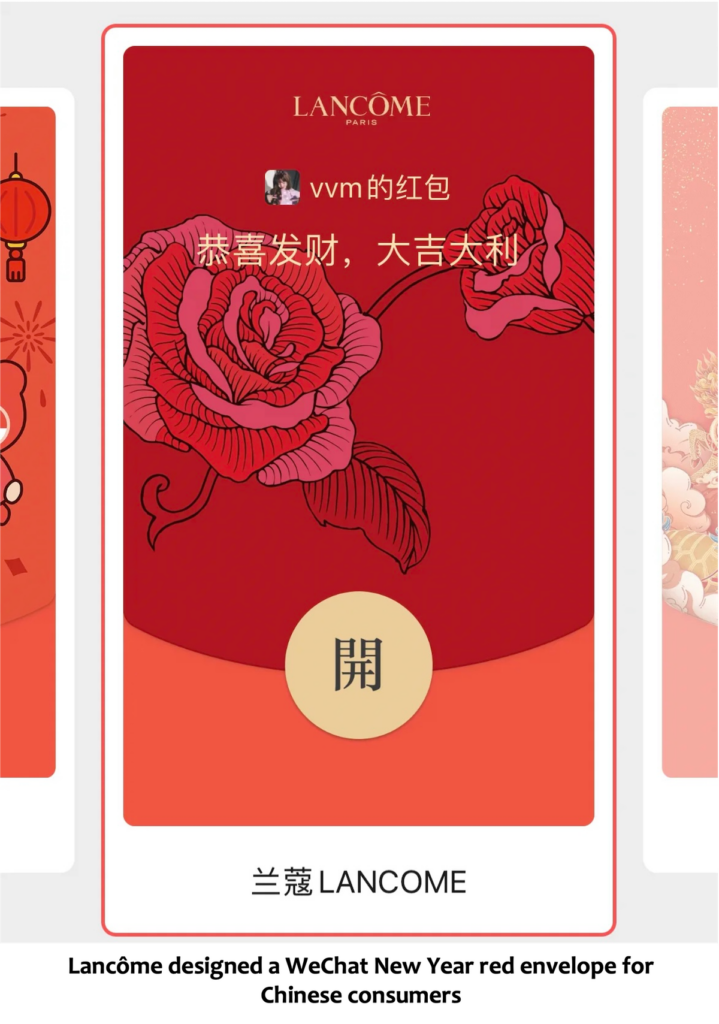
Another important consideration when adapting to the Chinese market is product design and packaging. Consumers in China tend to prefer unique products with a high level of attention paid to craftsmanship.
When it comes to marketing messages, humor doesn’t always translate well across cultures and language barriers can make slogans or messaging confusing or difficult to understand.
Therefore it’s best to focus on clear communication of product features along with how they fit into Chinese lifestyles.
We are your local partner in China!
Luxury multistores in China provide a unique and lucrative opportunity for foreign businesses looking to expand into the country’s growing luxury market. By leveraging the features and advantages of these top-tier shopping destinations, brands can gain access to affluent consumers while benefiting from extensive marketing campaigns and innovative concepts.
However, it is crucial to consider the challenges and trends specific to this market and develop localized strategies that cater to Chinese consumer preferences.
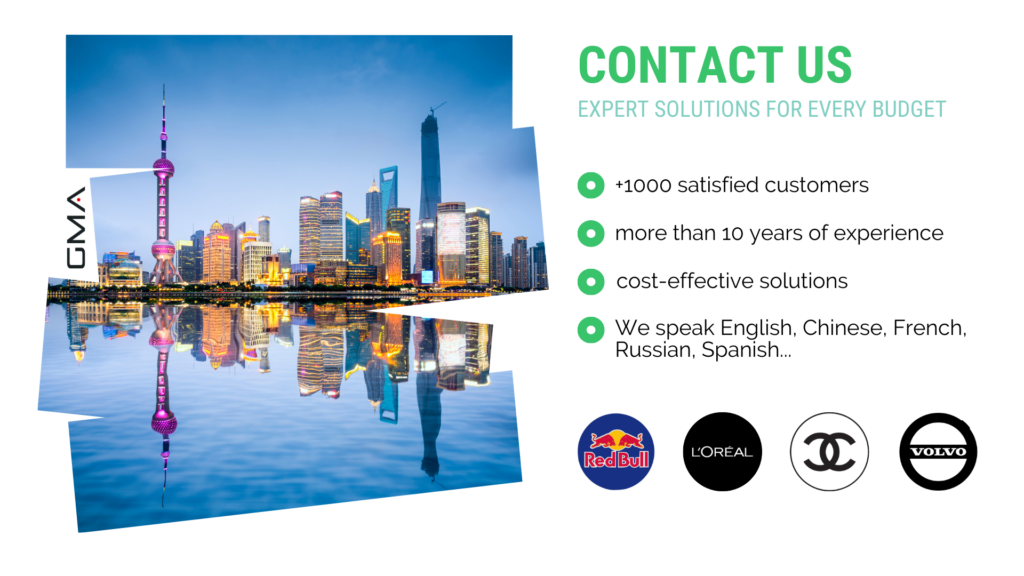
We are a China-based marketing agency offering cost-effective solutions to foreign brands interested in tapping into the Chinese market. Our team of Chinese and foreign experts has the experience and know-how needed to succeed in this lucrative, yet complicated market.
Gentlemen Marketing Agency offers many digital marketing and e-commerce solutions, such as web design, e-commerce and social media marketing strategies, localization, market research, KOL marketing, and more.
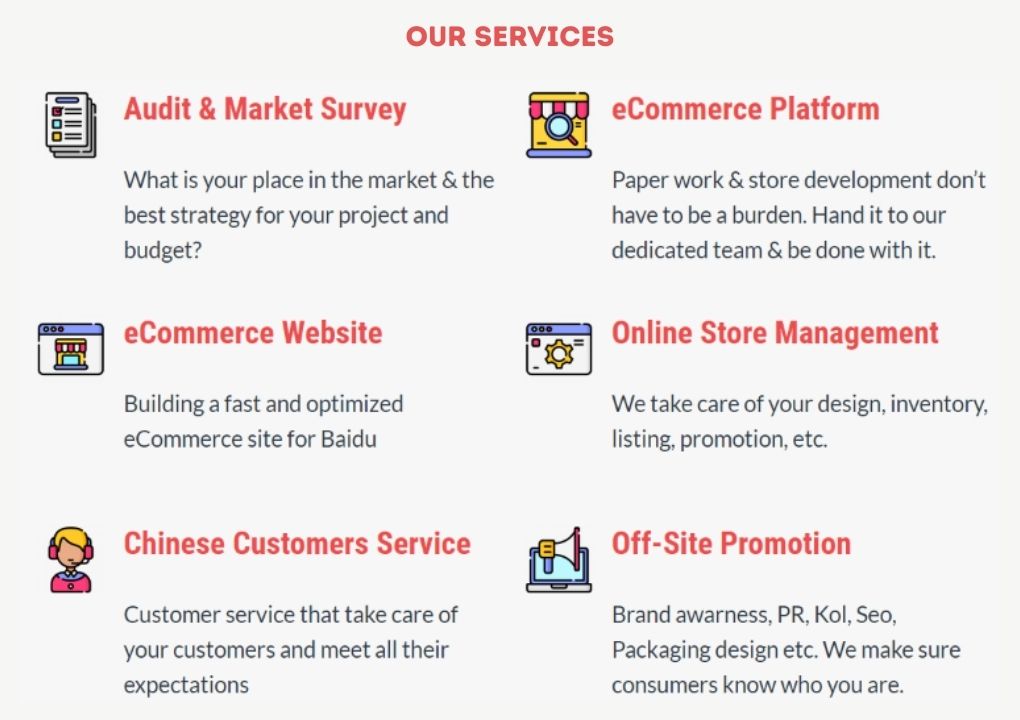
Don’t hesitate to leave us a comment or contact us, so that we can schedule a free consultation with one of our experts, that will learn about your brand and present you the best solutions for your China market strategy.
